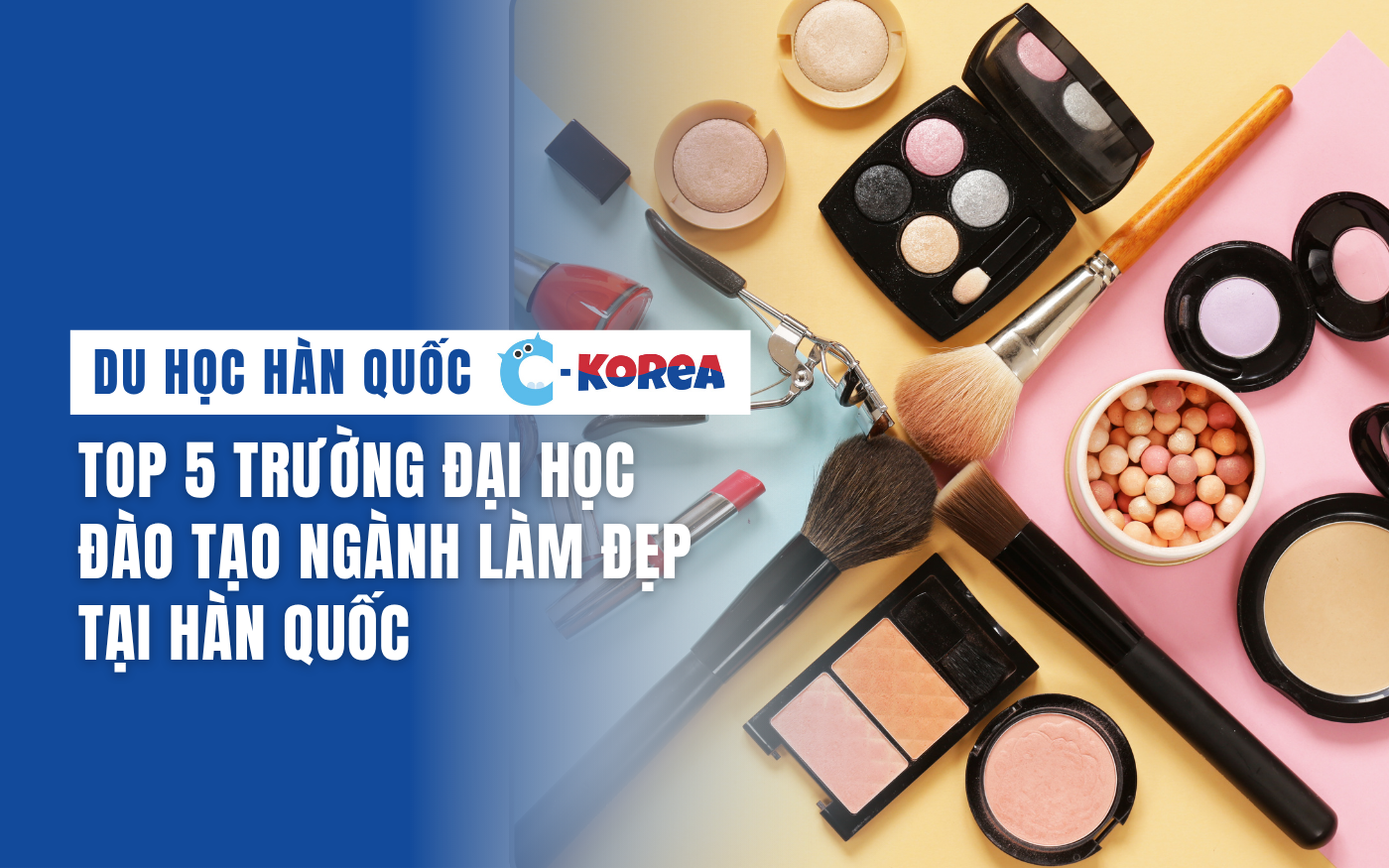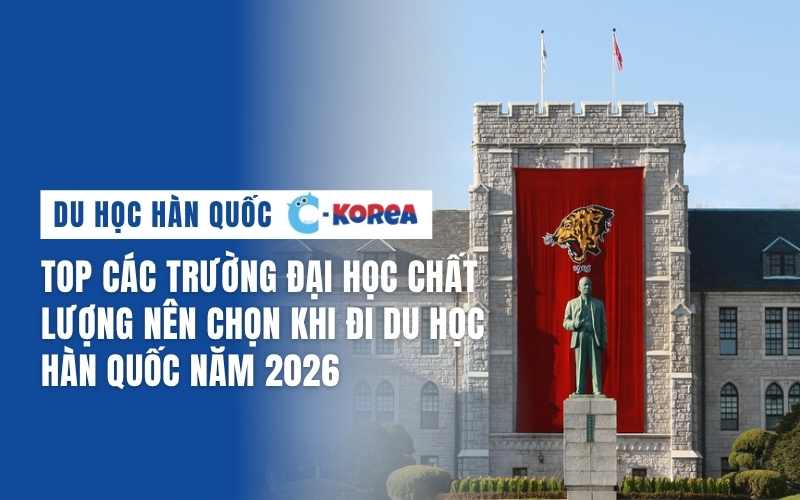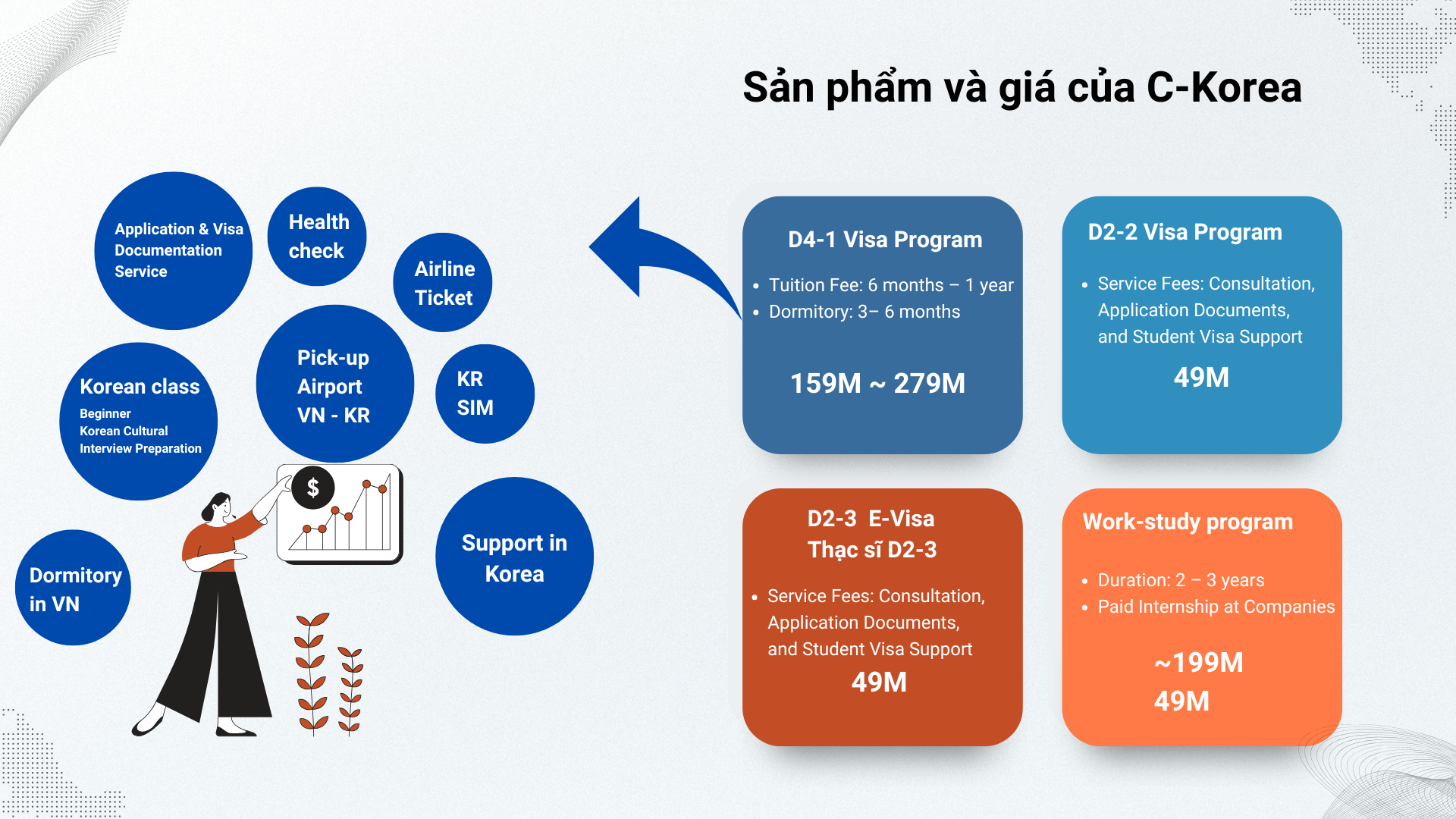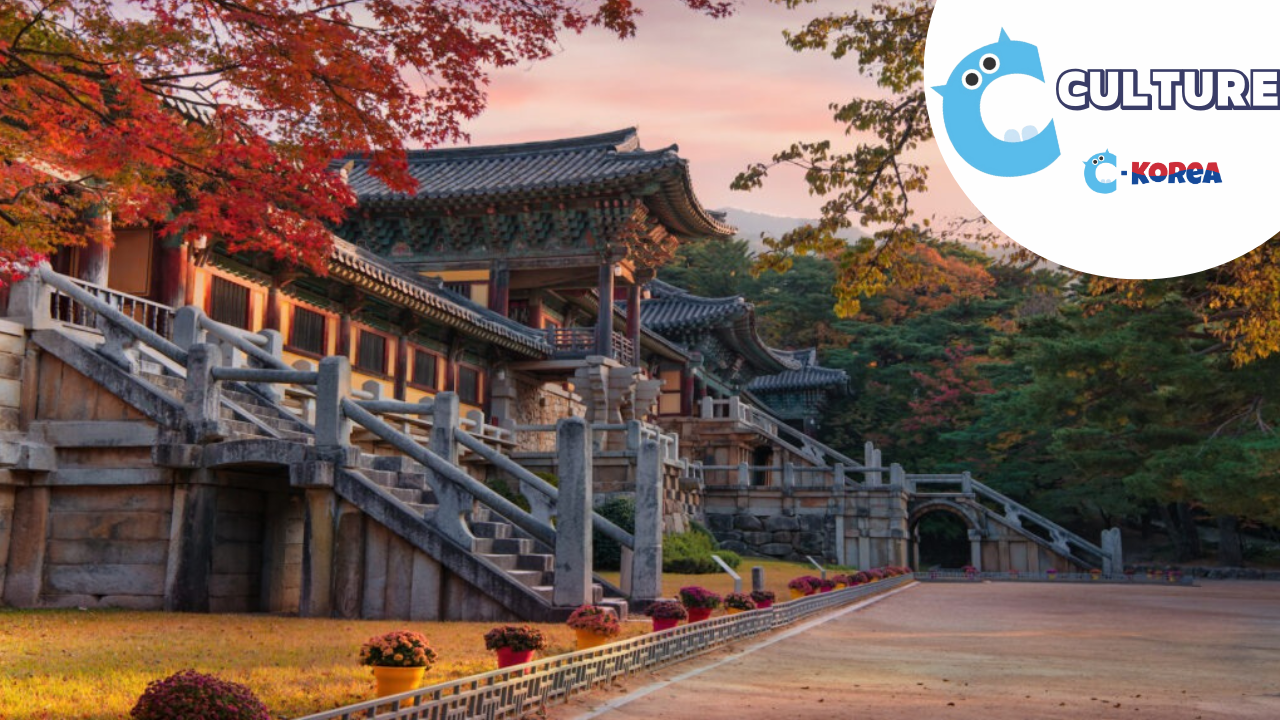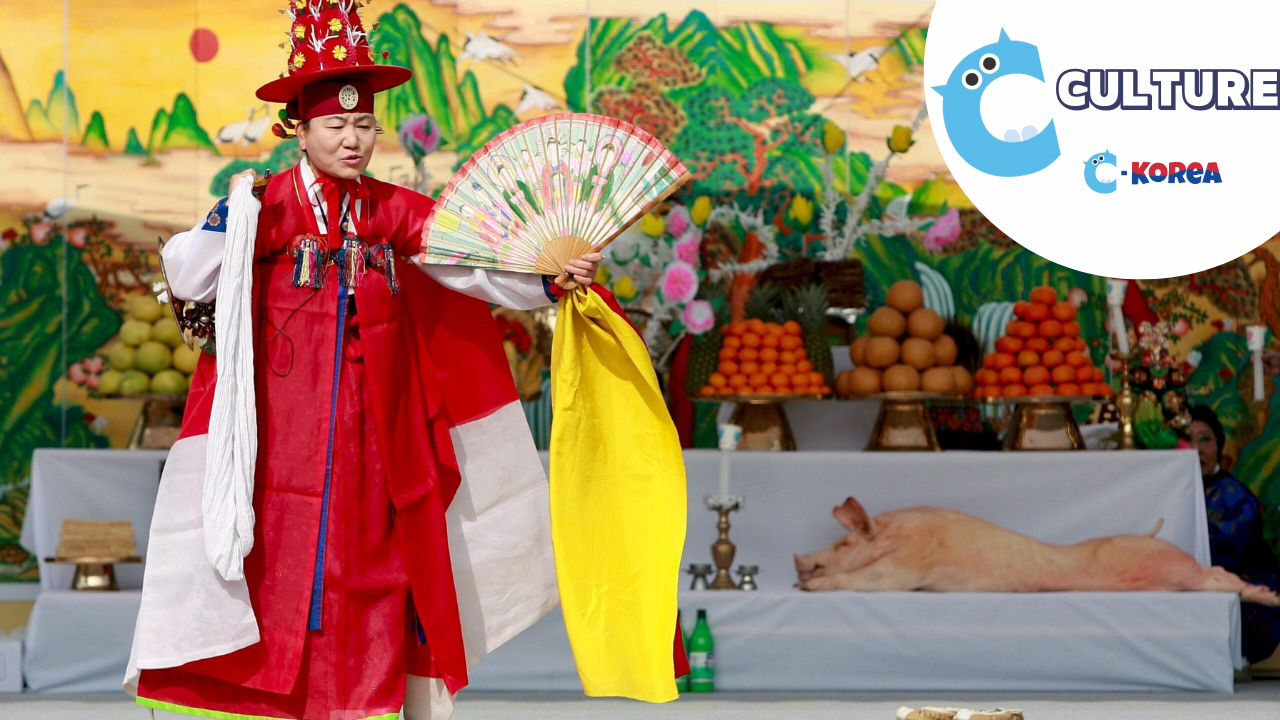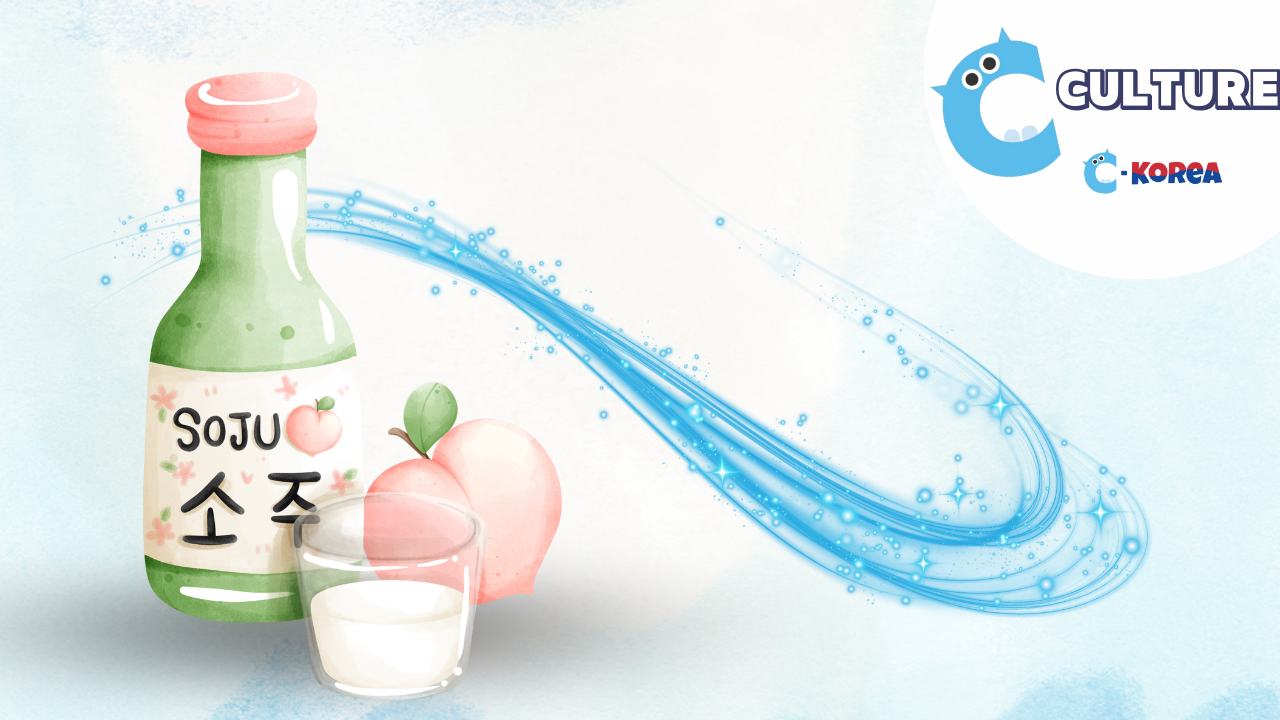We often hear the concepts of “Uri”, “Jeong” and “Han” in Korean culture through articles, TV shows or Korean movies. Through the article below, let’s learn more about these concepts with C-Korea!

1. The concept of “Uri”:
– Origin: Uri comes from the word ul-tha-ri (울타리) which means fence, hedge. It emphasizes the power of unity.
– Koreans often use “Uri” (we / us) instead of “my”. Because in their community culture, the spirit of unity is very high. Uri culture shows respect for the collective, symbolizing the spirit of solidarity of the Korean people.
– As society develops, “Uri” becomes more complex, but is always based on real relationships such as blood or fellow countrymen, not just on theory.
– Concrete expression: Koreans often use Uri to talk about things related to the family (our house, our father/mother,…), used in the work or school environment (our company, our school),…
2. The concept of “Jeong”:
– The concept of Jeong (정) dates back to the Three Kingdoms period (57 BC – 668 AD), a time when Korea was divided into three separate kingdoms: Goguryeo, Baekje and Shilla. During this period, Korea underwent many political and social changes, and the idea of emotional relationships between people began to develop. Ancient Koreans valued loyalty, respect and commitment to each other, aspects that are closely related to the concept of Jeong.
– Jeong is a concept that essentially relates to human relationships and how people connect emotionally with each other. Includes a wide range of emotions, which can include affection, care, compassion, devotion, and even self-sacrifice for the benefit of others.
– Expressions of Jeong:
+ In Family Relations: the importance of caring for family members and maintaining close and affectionate relationships with each other. This word helps strengthen family ties and create an environment of unconditional support and love.
+ Friendship and Interpersonal Relationships: Loyalty, empathy, and mutual commitment are reflected in the way Koreans cultivate and value their friendships. Jeong can be developed and strengthened over time as people share experiences and support each other.
+ Tradition and Hospitality: Hospitality is an important expression of Jeong in Korean culture. The way Koreans welcome their guests and friends, provide food, drinks and a place to rest, is an expression of the affection and emotional connection that Jeong brings.
+ Arts and entertainment: Works of art with themes of love, friendship, sacrifice and loyalty, reflect the concept and its influence on human relationships and emotions.
+ Idiomatic expressions: There are a number of idioms in Korean that express this concept, showing the importance of this term in daily life.
3. The concept of “Han”:
The concept of “Han” – 한 (恨, Hận) is considered one of the typical cultural characteristics of the Korean nation and the Korean people. This is a concept that is very difficult to define, generally due to the repressed emotions of people. It can be the sadness, grief, endurance, repression, resentment, patience, etc. of Korean people, especially women. The word “Han” in Korean culture is clearly shown in folk art genres such as Pansori, Arirang folk songs, etc.
For more information about studying and working in Korea , please contact :
C-KOREA CULTURE AND STUDY ABROAD CONSULTING CO ., LTD.
- Address : 5th Floor , 94-96 Nguyen Van Thuong , Ward 25 , Binh Thanh District , Ho Chi Minh City
- Hotline: +84 28 7308 4247
- Facebook: https://www.facebook.com/profile.php?id=61565051012830
- Tiktok: https://www.tiktok.com/@duhoc_ckorea
- Youtube: https://www.youtube.com/channel/UCQspuqhQlf4IRFCDzN4ce2A







